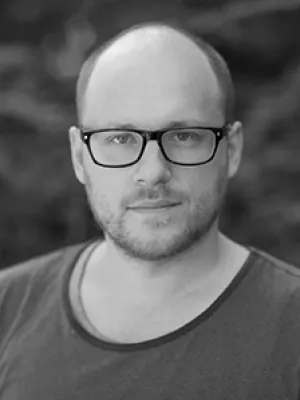
Niklas Altermark
Docent

After Inclusion : Intellectual Disability as Biopolitics
Författare
Summary, in English
The dissertation proceeds in three analytical steps. In its first part, by focusing on how ‘intellectual disability’ is constituted by scientific and classificatory knowledge, I argue that this diagnosis came into being and persists for purposes of government. Rather than being a biologically rooted condition that policies respond to and target, it is a political and normative category that is made to appear as biological and natural. In this way, a firm line between ‘normalcy’ and ‘intellectual disability’ is constructed. In the second part, I examine how this group today is targeted by policies aiming for inclusion and citizenship. The result of how intellectual disability is both seen as the opposite of the norm of the ‘good citizen’ and as the target of citizenship inclusion, is a politics that simultaneously includes and excludes intellectual disability. Thus, rather than discarding the power exercised over people with intellectual disabilities, power has transformed into a biopolitical regime that seeks to mould members of this group to become included citizens, whilst concurrently upholding their exclusion by continued constraints. Lastly, in the third part of the study, I examine the possibilities of contesting the contemporary biopolitical regime. Here, the main argument is that a productive critique of the government of intellectual disability needs to reconsider the notion that humanity is defined by its capacities of ‘reason’ and ‘rationality’.
Avdelning/ar
- Statsvetenskapliga institutionen
Publiceringsår
2016-05-22
Språk
Engelska
Publikation/Tidskrift/Serie
Lund Political Studies
Issue
180
Fulltext
Dokumenttyp
Doktorsavhandling
Förlag
Lund University
Ämne
- Political Science
Nyckelord
- intellectual disability
- disability studies
- biopolitics
- Foucault
- Butler
- crip theory
- inclusion
- inclusion / exclusion
Status
Published
Handledare
- Anders Uhlin
- Ylva Stubbergaard
ISBN/ISSN/Övrigt
- ISSN: 0460-0037
- ISBN: 978-91-7623-823-3
- ISBN: 978-91-7623-822-6
Försvarsdatum
20 maj 2016
Försvarstid
10:15
Försvarsplats
Edens hörsal, Paradisgatan 5H, Lund
Opponent
- Dan Goodley (Professor)

